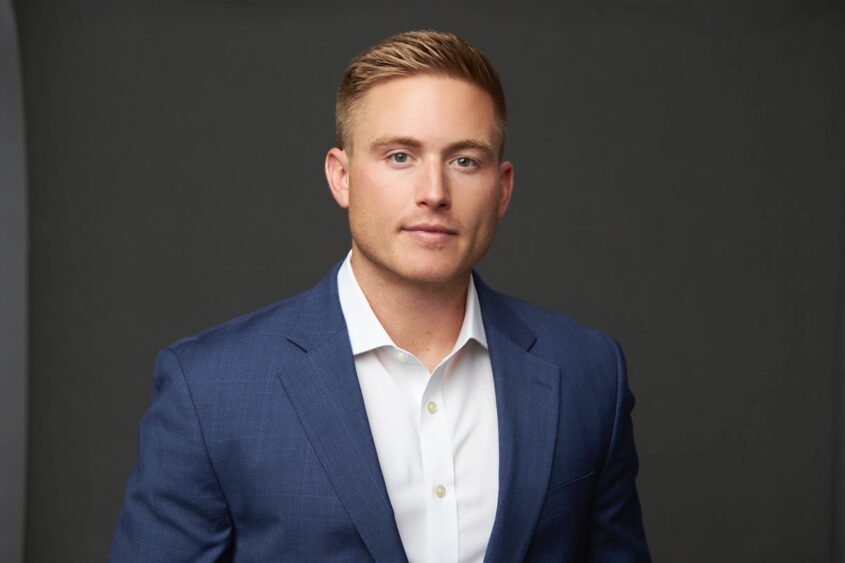By Hunter Williams, partner at M.E. Wilson
In recent years, Florida business owners have seen a dramatic increase in the cost of insuring their operations against a multitude of risks. Whether that be property, liability or even auto insurance costs, business owners often face little to no control over unstable premiums and decreasing coverages.
A hardening reinsurance market is largely to blame but the prevalence of litigation in Florida is also on the rise. According to data compiled by USCourts.Gov, Florida touts the most personal injury cases per capita, with a whopping 1,237% more filings annually than the national average.
You don’t have to drive very far down a local highway to be greeted by the billboards touting the record settlements.
With business owners facing a narrowing range of options, many have begun to turn to the captive insurance marketplace to better control costs and improve transparency over the claims process.
But what is a captive?
A captive insurance company is a wholly owned insurance company formed to provide insurance to, and is controlled by, its owner or owner(s). When a company joins a captive, the insured is also a shareholder in the company that insures their operations.
A captive insurer analyzes and insures specific risks of its owners with the goal of reducing operating costs and returning underwriting profits back to the owners in the form of dividends.
Why should you consider a captive?
Lower Costs:
The price of insurance coverage purchased in the traditional market often includes mark-ups to pay for insurer’s acquisition costs, marketing expenses, claims administration and overhead. Such pricing is specifically designed to deliver profit to the insurers’ bottom line. In a captive, the goal is to minimize those costs and enhance your bottom line.
Improved Services & Claims Management:
Loss control, safety and claims management are all integral parts of a captive’s success. Service providers, such as M.E. Wilson, work with captive members to help reduce the frequency and severity of losses. When a claim occurs, claims management focuses on managing the claim to the best possible outcome. Lowering loss costs increases the potential return to the member.
Enhanced Coverage Options:
Members of a captive have the buying power to negotiate consistently broad coverage terms and the ability to insure operations in all 50 states, regardless of market cycles. Only “A” Rated insurers are used for reinsurance and policy issuance.
Profit Potential:
Unlike the traditional insurance market, captive owners are underwritten solely based on their trailing five years of loss performance, not the average of the group. This allows best-in-class companies to benefit from their individual loss performance. Premium dollars not used to pay claims to generate investment income, which is returned to the member in the form of dividends.
Are captives here to stay?
The captive insurance industry is evolving rapidly, poised to reach a projected $250 billion global market value by 2028. This surge among businesses seeking alternative coverage methods and cost reduction really underscores the need for a comprehensive understanding of insurance trends, challenges and opportunities outside of the traditional marketplace.
As we look ahead to the remainder of 2024, and beyond, it will be helpful for businesses and investors to examine the trends and future trajectory of the captive insurance market and assess the advantages, and disadvantages, of captive arrangements to determine how they may be able to use them to navigate an ever-changing business landscape.

Hunter Williams is an equity partner at M.E. Wilson Company, LLC. Williams has over a decade of experience in the P&C insurance industry. He has made significant contributions to the firm, particularly in advancing its Construction Practice, which has significantly contributed to the overall growth, and expansion, of the company. Prior to his tenure at M.E. Wilson, Williams graduated with a B.S. in Risk Management/ Insurance from Florida State University.
Founded in 1920, M.E. Wilson Company is a third-generation, family-owned agency known for its personalized and professional services in commercial insurance, employee benefits, risk management, claims management and private client services.
